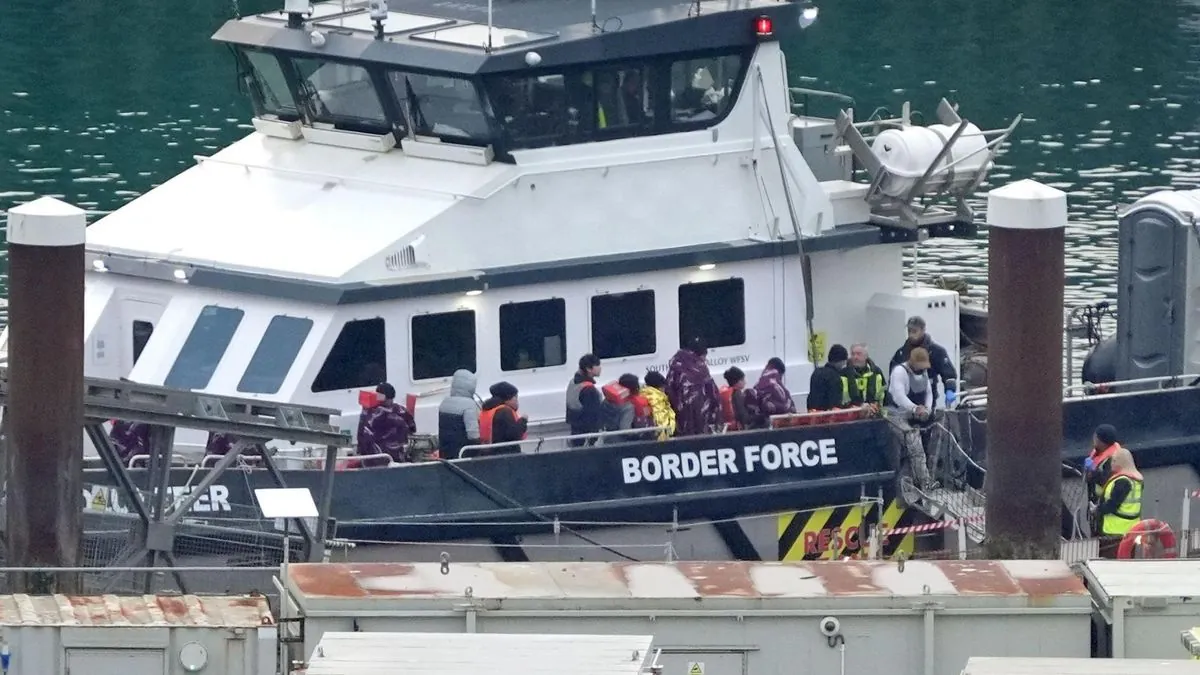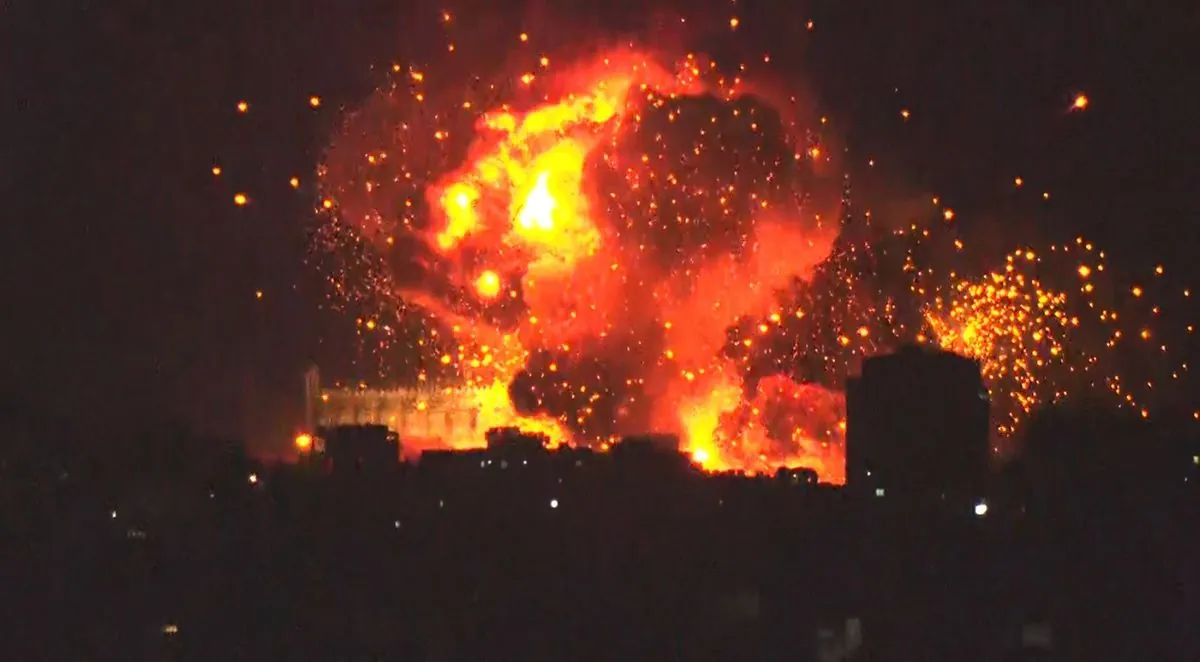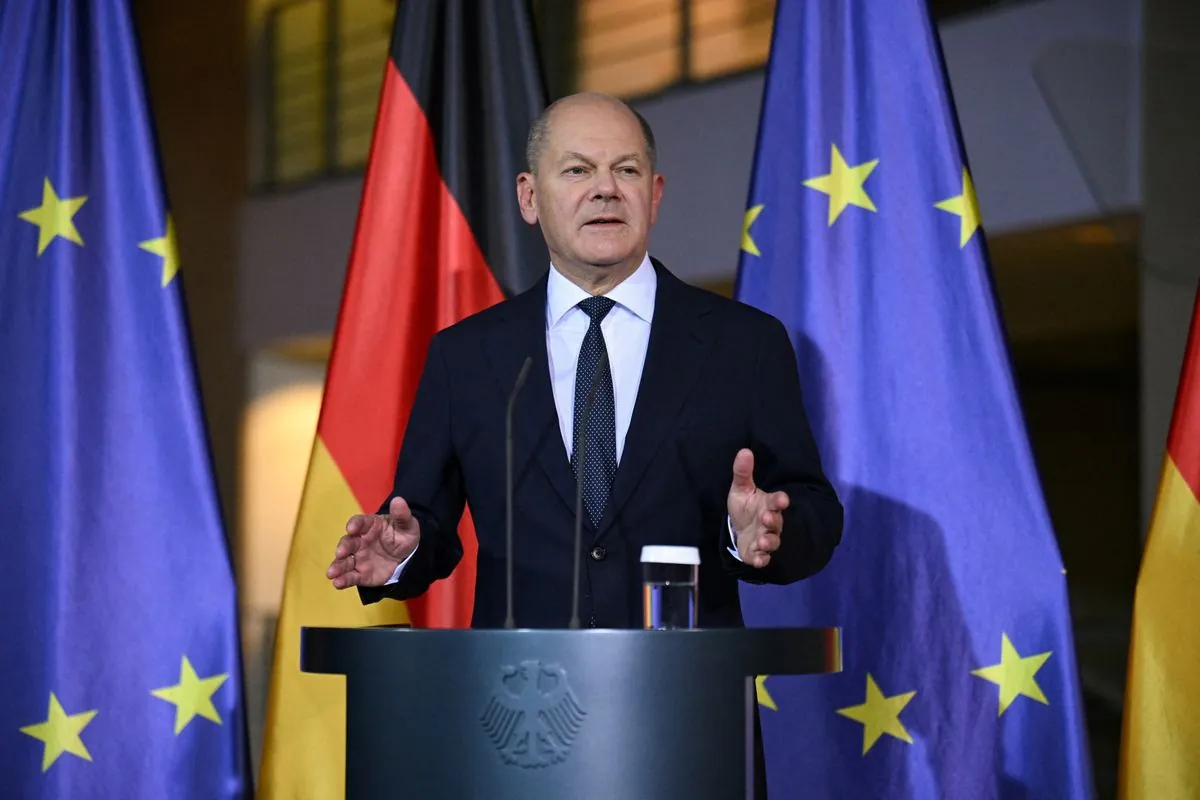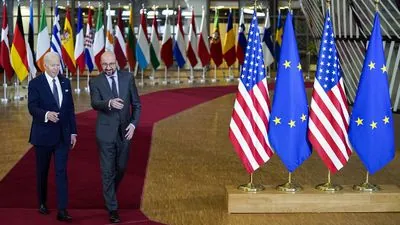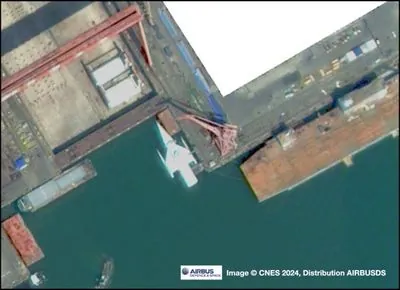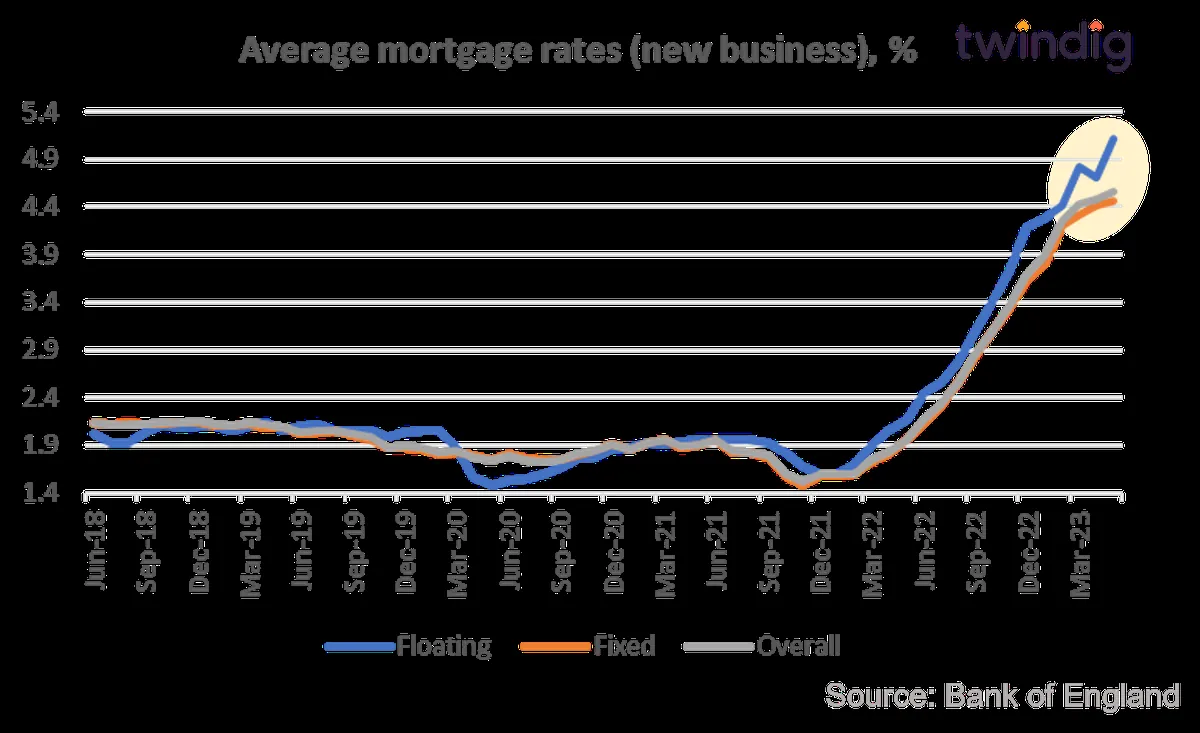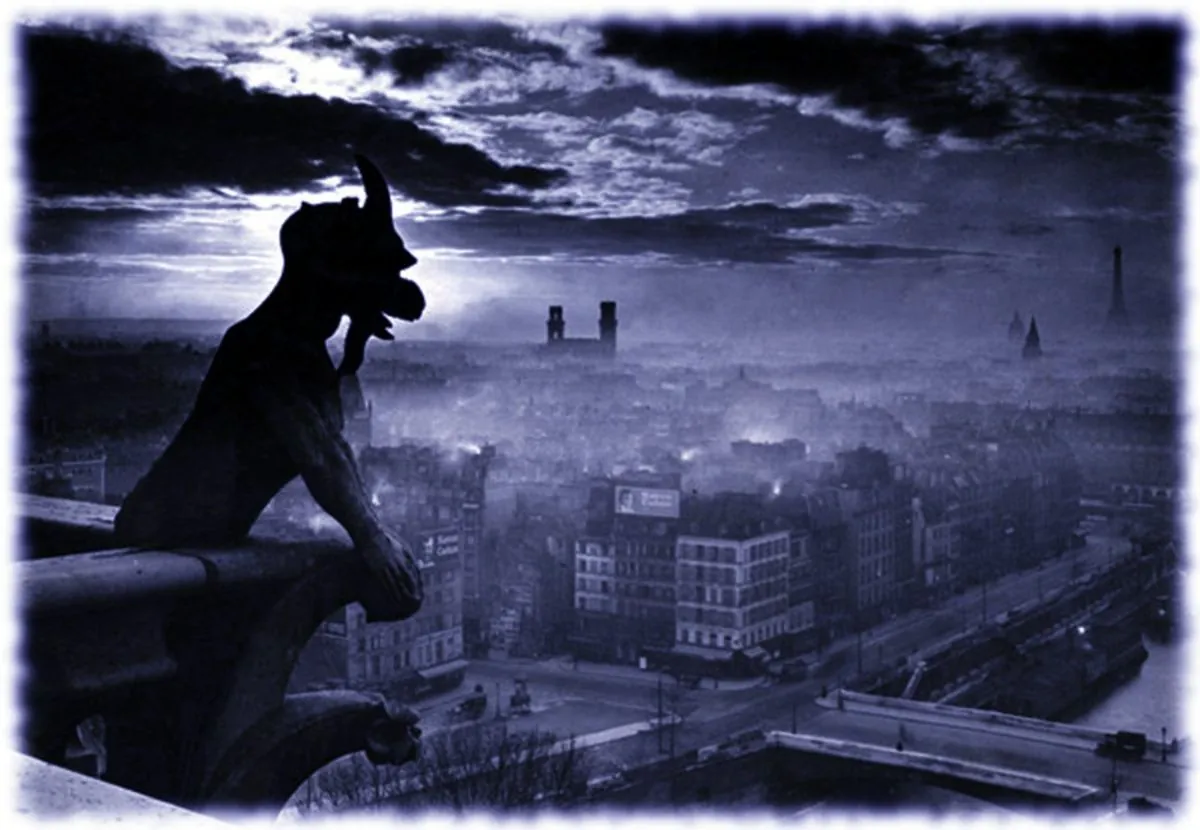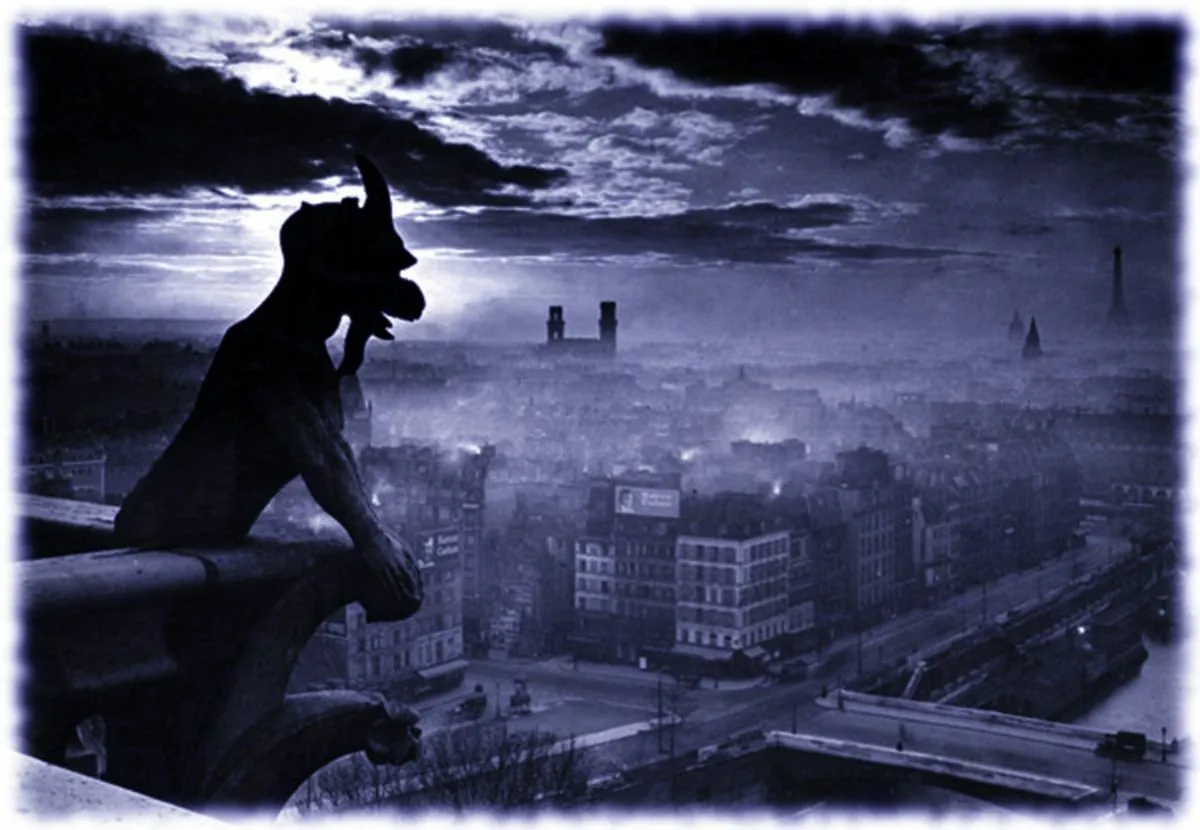Frankfurt
Frankfurt am Main is the most populous city in the German state of Hesse. Its 773,068 inhabitants as of 2022 make it the fifth-most populous city in Germany,. Located in the foreland of the Taunus on its namesake Main, it forms a continuous conurbation with Offenbach am Main; its urban area has a population of over 2.7 million. The city is the heart of the larger Rhine-Main metropolitan region, which has a population of more than 5.8 million and is Germany's second-largest metropolitan region after the Rhine-Ruhr region and the fourth biggest metropolitan region by GDP in the European Union. Frankfurt is home to the European Central Bank, one of the institutional seats of the European Union, while Frankfurt's central business district lies about 90 km (56 mi) northwest of the geographic center of the EU at Gadheim in Lower Franconia. Like France and Franconia, the city is named after the Franks. Frankfurt is the largest city in the Rhenish Franconian dialect area.
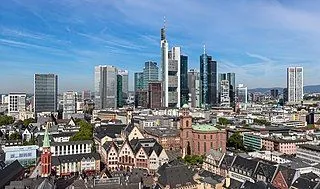
Some of the key events about Frankfurt
- 800The city was established as a royal court of the Frankish kingdom
- 1152The first recorded imperial election took place in Frankfurt
- 1349Hundreds of Jews were massacred during the Black Death persecutions
- 1356The Golden Bull decree established Frankfurt as the permanent election site for the Holy Roman Emperor
- 1552A major fire destroyed much of the city's medieval center
- 1585The Frankfurt Stock Exchange was founded
- 1796French troops bombarded the city during the War of the First Coalition
- 1815Frankfurt was declared a free city by the Congress of Vienna
- 1848The first freely elected German parliament convened in Frankfurt's St. Paul's Church
- 1848Violent clashes erupted during the German revolutions
- 1866Prussian troops occupied the city during the Austro-Prussian War
- 1871The Treaty of Frankfurt was signed, ending the Franco-Prussian War
- 1909The University of Frankfurt was founded
- 1914The city suffered economic hardship and food shortages during World War I
- 1933Nazi book burnings took place in the Römerberg square
- 1944Allied bombing raids severely damaged the city center during World War II
- 1949The Deutsche Mark was introduced in Frankfurt, becoming Germany's new currency
- 1968Violent protests and riots occurred during the German student movement
- 1998The European Central Bank was established in Frankfurt
- 2015Anti-austerity riots broke out during the opening of the European Central Bank's new headquarters
Disclaimer: This material is written based on information taken from open sources, including Wikipedia, news media, podcasts, and other public sources.
